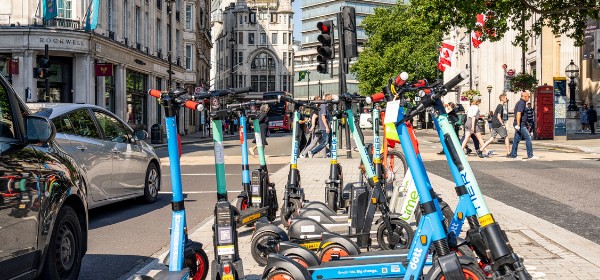Net zero now forms the heart of policies and strategies across government, from “levelling up” to “build back better”. Combined with the UK’s National Infrastructure Strategy, it is clear that engineering – particularly new technologies such as robotics and AI – has a core role in our decarbonisation efforts. But how green are the technologies […]









